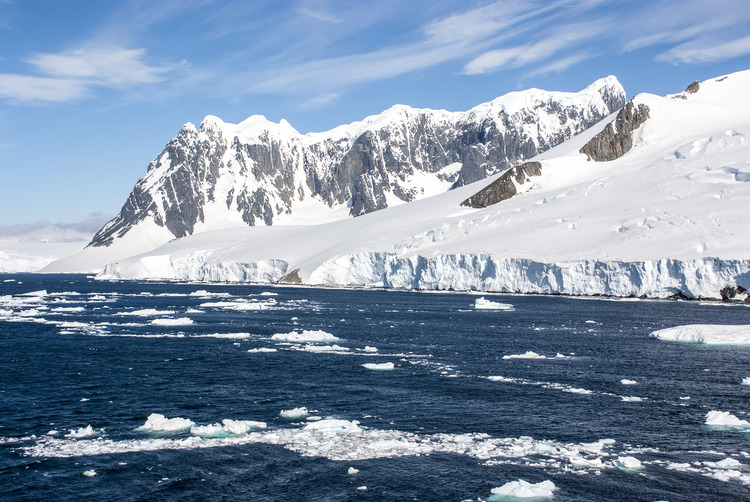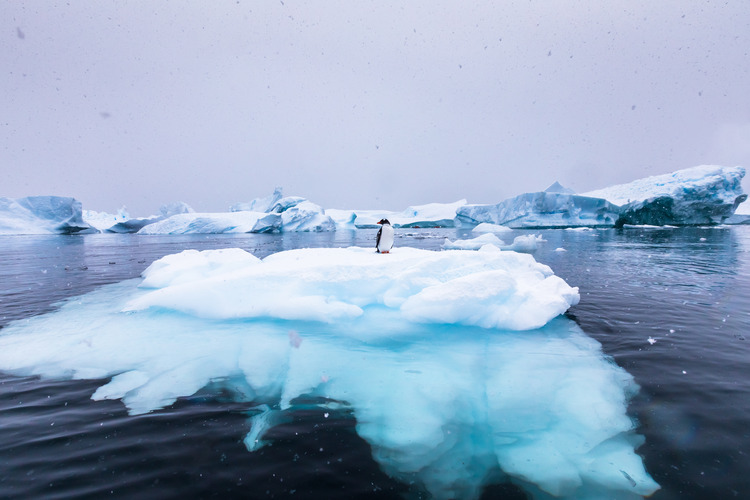
Estimates suggest Antarctic Circumpolar Current will slow by around 20 per cent by 2050 in high carbon emissions scenario
By
A study conducted by researchers at the University of Melbourne and NORCE Norway Research Centre has found that melting Antarctic ice sheets are slowing down the world’s largest ocean current, the Antarctic Circumpolar Current (ACC).
Four times stronger than the Gulf Stream, the ACC is a crucial part of the world’s ‘ocean conveyor belt’ and moves water around the globe, in a process that also exchanges heat, carbon dioxide and chemicals across ocean basins.
But by 2050 – in a high carbon emissions scenario – the ACC will slow by around 20 per cent. Researchers warn that such changes may have ‘severe consequences’ for rising sea levels, ocean warming and the viability of marine ecosystems.
Enjoying this article? Check out our related reads:
For example, one of the roles of the ACC is to act as a barrier to invasive species reaching Antarctica, such as prawns, molluscs and southern bull kelp. But as it slows and weakens, it becomes more likely that these species can reach Antarctica, impacting the food web and potentially altering the available diet of animals such as penguins.

A slowing Antarctic Circumpolar Current can also lead to more climate variability – with greater extremes in certain regions – along with accelerated global warming due to a reduction in the ocean’s capacity to act as a carbon sink, explains Associate Professor at the University of Melbourne Bishakhdatta Gayen.
Both of these consequences are a result of a complex mechanism. As ice sheets melt, an influx of freshwater into the Southern Ocean changes the density and salinity of the ocean, as well as its circulation patterns.
How do researchers know this?
To obtain their results, researchers analysed a high-resolution ocean and sea ice simulation of ocean currents, heat transport and other factors. During this analysis, they also found that the transport of ocean water from the surface to the deep may also slow in the future, a process known as thermohaline circulation that is vital for supplying heat to the polar regions.
The conclusions in this new research contrast with previous studies, which suggest that ACC is instead accelerating due to steeper temperature differences (caused by climate change) between various parts of the ocean. Ultimately, to fully understand the role climate change plays in the functioning of the ACC, more research is required, particularly in observational and modelling studies as Professor Gayan explains.




